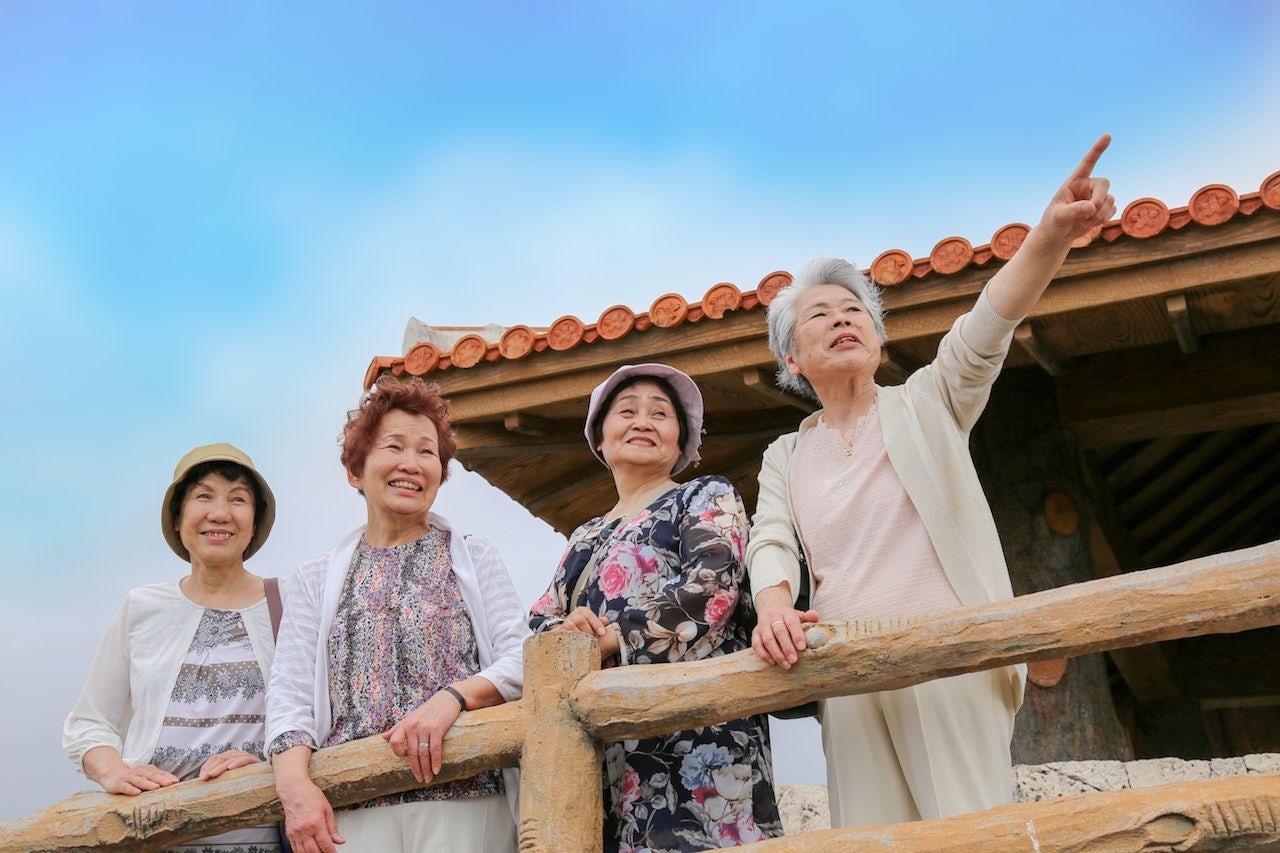It was time to return the third sofa and look for an alternative, the patient told birth order expert Dr. Kevin Leman. I just can’t overlook that the plaid patterns don’t align at all the seams, he told the doctor — the mismatch caught his eye every time he sat down. That patient, notes Leman, was an only child, and his OCD-like approach to buying furniture was typical of his ilk. “The psyche of the only child is: I can have anything I want,” laughs the Arizona-based doctor. “But here’s the kicker — it had better be perfect.”
So what does such perfectionism presage in a country like China, where almost 180 million such singletons have been born since the enactment of the draconian birth control policy in the late 1970s? Those so-called little emperors and empresses, are certainly a privileged generation, with economic power that outstrips their counterparts in Europe or America. A recent report from OCamp;C Strategy Consultants, for instance, found an annual spend of 7,000 on luxury goods in China — by those not yet out of their teens. There are several reasons for this group’s outsized economic clout. The 4-2-1 paradigm is shorthand for the typical family scenario: four grandparents and two parents dote on that one child, showering him or her with both money and attention in equal measure. Their economic might compared with peers in America or Europe is also heightened by the dearth of student loans among young Chinese. Borrowing is less culturally widespread there than stateside, of course, and tuition averages 2,200, well within debt-free reach of most newly minted middle-class Chinese families. Many of these little emperors and empresses, free of student debt, also live at home and are rarely required to pay rent until marriage, even if earning healthy salaries in white collar jobs. So how do they spend their surfeit of money -- other than on sofas, of course?
Travel is a priority: per the China National Administration of Tourism, these millennials account for two-thirds of -- and half the spending of -- China’s overseas travelers, a market worth 261 billion in 2016, up by 12 percent year-on-year. Only children growing up in an Internet-connected world are natives to online spending, too. In China, though, they aren’t just buying products from Tmall, but hiring companionship via their screens, per Mei Fong, author of Only Child: The Story of China’s Most Radical Experiment, “What thy spend is dictated by the lonely factor,” she says. “Live streaming is less common here, but paying someone to sing, dance, and talk to you is very popular in China.”
The preference for male children, facilitated by illegal selective abortions, means that little emperors vastly outnumber little empresses — by next year, it’s estimated the surplus of leftover men will hit 30 million. G-rated cam girls like Lele Tao or Yang Kaili are the beneficiaries, earning up to 450,000 per year from fans, much of which goes to their "managers." Fong notes that the same gender imbalance has been a boon to the real estate industry, especially in second-tier cities. When families grow tired of their twenty-something sons remaining at home, unmarried and with little prospect of a spouse, they opt to buy them property, as a sweetener for would-be brides’ families; the impact on prices has been significant.
The first-born among China’s one-child generation are now becoming parents themselves, siphoning their ample resources to the next generation — call the model 8-4-2-1. Premium baby products from overseas are a favorite (in large part thanks to the notorious scandal around tainted baby formula in 2008), though they lavish the greatest expense on education. More than 85 percent of children born in the 1990s there have attended high school vs. UNESCO’s East Asia average of 61 percent, so it's no wonder brand-name private schools, especially those from the U.K., are opening campuses in Shanghai and elsewhere. London’s Dulwich College, for instance, has operated a satellite campus in Pudong since 2003. It’s rumored to be adding another site in Brooklyn, NY, aimed at serving expat Chinese. (“There is nothing formally agreed with regard to Brooklyn,” spokeswoman Lavinia Tong told Jing Daily diplomatically.)
The economic juggernaut of this finicky, adventurous, and educated generation might seem unstoppable — at least until the sobering reminder that one in three of China’s population will be a retiree by 2050. That’s when the 4-2-1 pyramid inverts, and those little emperors and empresses will see their incomes squeezed as they shoulder support for aging, often ailing parents and grandparents — indeed, more than one-quarter of those suffering from Parkinson’s disease already lives in China. Soon, then, their greatest expense is likely to be healthcare rather than handbags.


